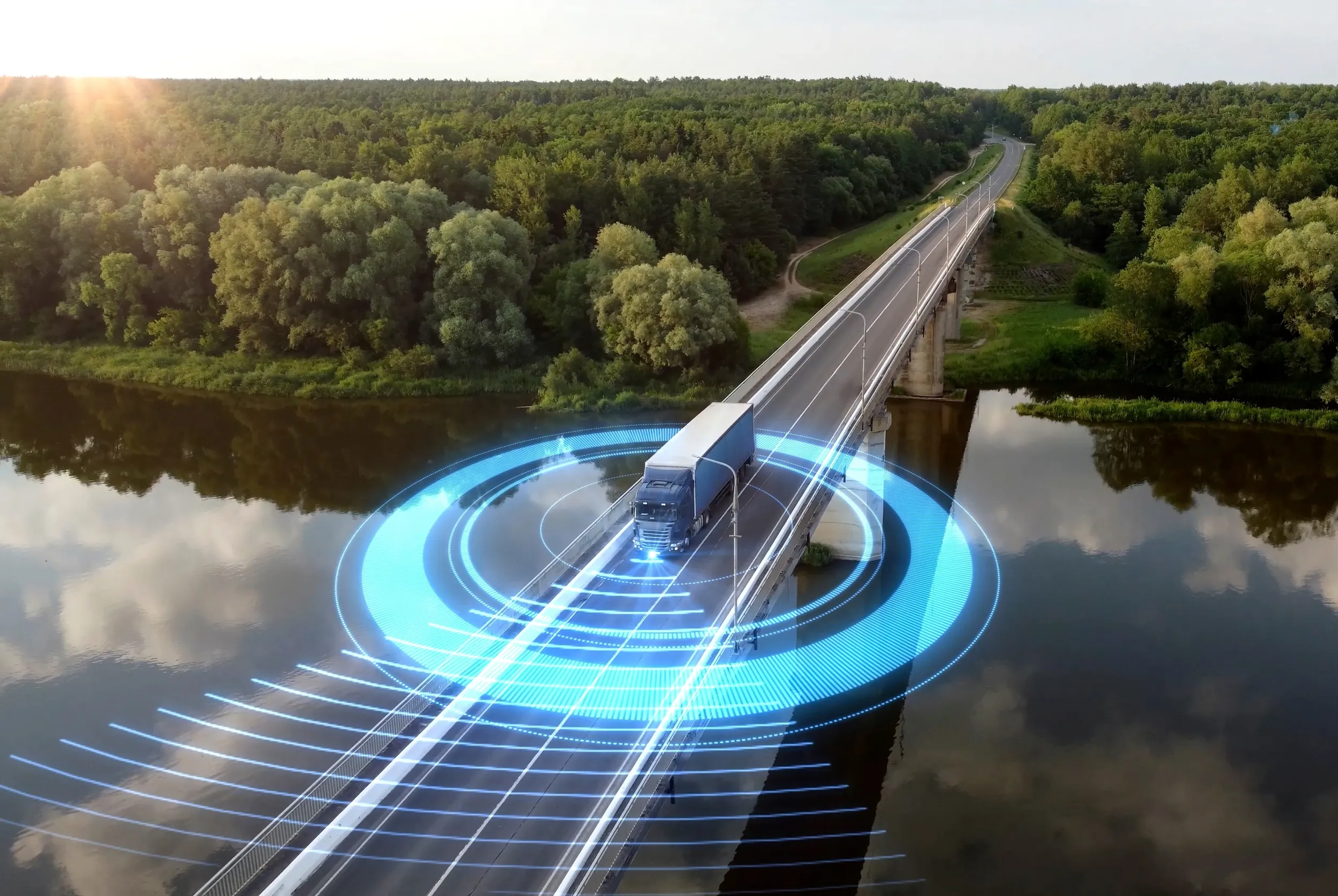

- HOME
- >
- Technology
- >
- Distributed Intelligence, Cloud Computing and Edge AI
ARTICLE
Distributed Intelligence, Cloud Computing and Edge AI
The information provided here is intended for informational purposes only and does not substitute for professional advice. Please refer to the terms of service for website usage.
Ready to Begin?
Subscribe to Applied Accountancy’s Insights Newsletter to get the latest news, analysis and compliance updates delivered directly to your inbox.
related insights
To meet expectations for increased disclosure of organizational performance, stakeholders have driven companies to implement
...Explore how digital transformation is revolutionizing finance and accounting. Discover the latest trends, technologies,
...Explore the complexities of sales tax on digital products. Learn about compliance requirements, state-specific regulations,
...As financial institutions embrace digital transformation, incorporating cloud computing, artificial intelligence (AI), and data analytics,
...Fintech applications are slowly revolutionizing ways to invest in and promote environmental, social, and governance
...Machine Learning (ML) is not only revolutionizing industries but also transforming the way businesses handle
...Managing accounts payable and accounts receivable is one of the most important pillars for efficient
...Explore how blockchain asset tracking boosts transparency, accuracy, and compliance in financial reporting for inventory-heavy
...Explore how blockchain technology is revolutionizing accounting with secure, transparent, and tamper-proof financial transactions. Financial
...What will it take for your business to stay competitive in 2024’s fast-evolving digital landscape?
...Cryptographic hashing doesn’t just secure your operations; it opens doors to innovation, efficiency, and growth.
...Discover the secret to thriving as a CFO in today’s rapidly evolving business world—aspiring CPAs
...











